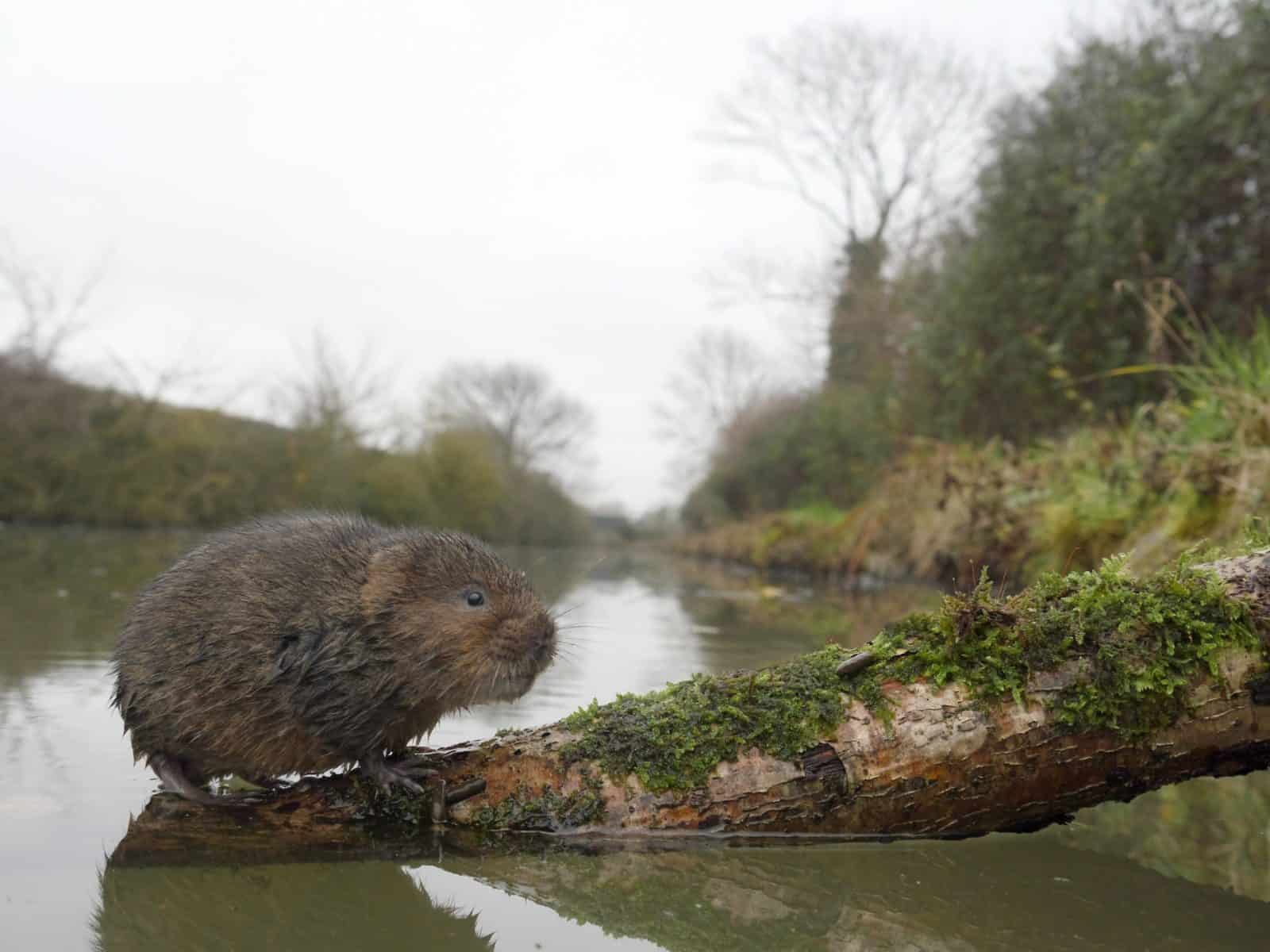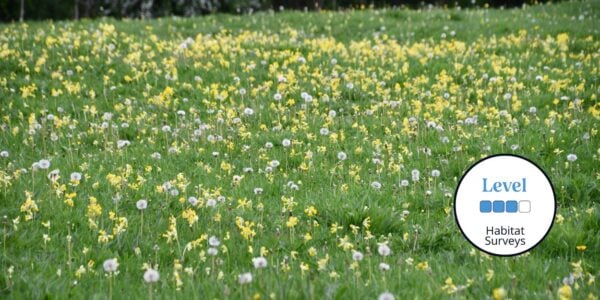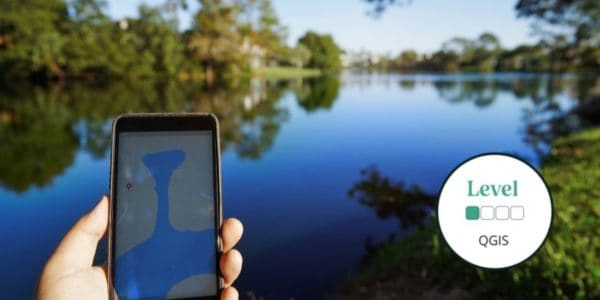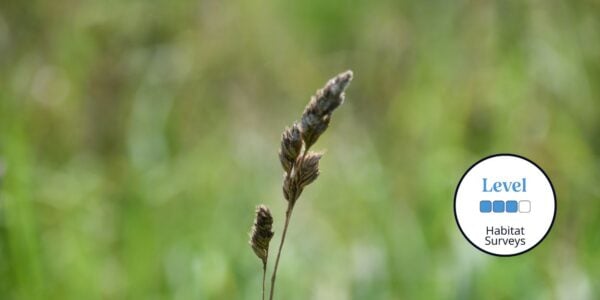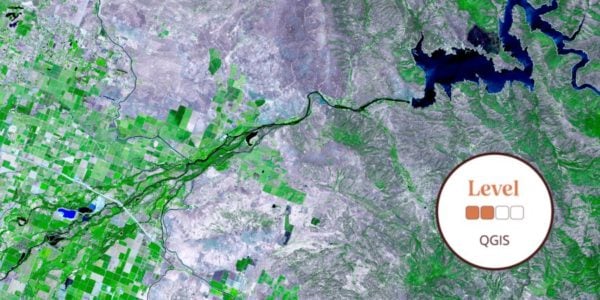This beginner course will make use of in-person learning to introduce you to skills and knowledge needed for a successful career in ecological consultancy, specifically related to faunal surveys.
What will this course cover?
- Why faunal surveys are undertaken, and what species are typically the focus of surveys
- How to collect data and develop an understanding of how it is used
- Examples of field survey techniques for certain species/groups of species
- Field session to practice some survey techniques
- What it takes to be a successful ecological consultant
- How to craft a first-class CV and get noticed by potential employers
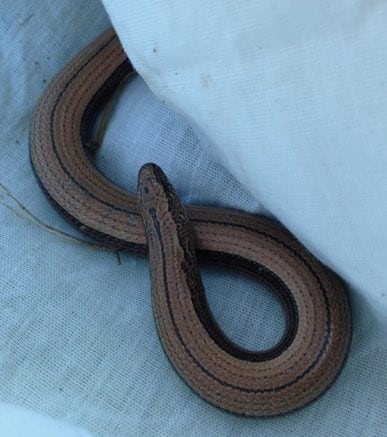

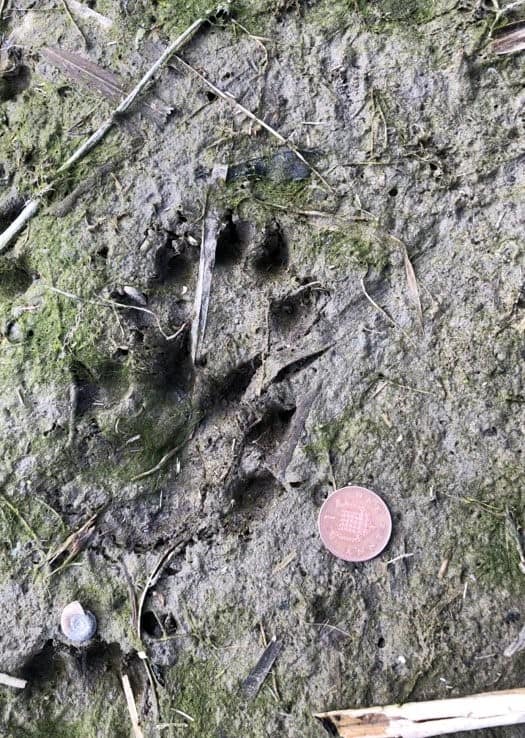
Read More
This beginner course will prepare you for undertaking faunal surveys – a crucial skill when starting your ecological career. You will become familiar with the subjects of these faunal surveys in the UK, and develop an understanding of why they are important. The in-person learning will ensure that you receive a thorough grounding in this topic, undertaking practical experience alongside your expert tutor and receiving support with translating these learnings into attractive entries for your CV.
By the end of this course, you will:
- Have an understanding of which species of animals are the focus of faunal surveys and why
- Have a broad understanding of the different types of faunal surveys routinely undertaken
- Have obtained some practical ID skills in relation to specific groups/species, focused on the faunal surveys typically needed for a career in ecological consultancy
- Have practiced some of the skills learnt in relation to specific groups/species dependent on the location of the course and availability of field sites nearby
Who should attend? – Those who have chosen a career in ecological consultancy and require an introduction to the practical skills and knowledge needed to help in that chosen career.
Knowledge level – Beginner. Level descriptors can be found on the following web-page: Framework and Course Level Descriptors
Prior knowledge – knowledge of the ecological consultancy industry and protected species would be beneficial, but is not essential.
PLEASE NOTE: There is no accommodation or meal facilities provided with this course. Refreshements (tea and coffee) will be available. If we are unable to reach viable numbers for this course, we will inform you of the course cancellation 4-5 weeks prior to the course run. We would recommend when purchasing accommodation and/or travel you should take out your own insurance.
Bookings will close if course capacity is reached.
Please email [email protected] if you have any questions.
About the Tutor
Mike Dean
Mike has been an Ecological Consultant since 1997, a career choice born out of a love of the outdoors and a passion for wildlife. He is a Fellow member of the Chartered Institute of Ecology and Environmental Management (CIEEM), a Chartered Ecologist and a Chartered Environmentalist. His specialism is protected species, with a focus on water voles. He is involved in writing good practice guidance for the profession and is the author of recently published practical guides for ecologists on report writing and water vole surveys:
Example Timetable
Please arrive in time for the course to start promptly at 9:30am.
There will be a one-hour lunch break during the day. Lunch is not included so please bring your own food. Refreshments (tea and coffee) will be provided.
The course will finish at 16:30pm.
What's Included
The course has been carefully created by expert tutors and educators to help you continue to build and develop your knowledge and apply it within the field surrounded by like-minded individuals.
The course includes:
- Classroom learning covering the theory of species
- Field excursions to apply new knowledge
- Expert tuition for which the Field Studies Council is renowned
- Clear objectives and progression
- Refreshments (tea and coffee)
You can rest assured that the absolute best content from an expert in environmental education will be provided. In choosing a Field Studies Council course, you will be joining thousands of people who learn with us each year.
Bursaries and Subsidies
Student Discount
This course is eligible for a student discount. If you are a current student, please use discount code BioStudent20 at checkout for 20% off all Biodiversity courses.
Natural History Bursaries
There are a number of natural history bursaries available to help with the cost of your course. To find out if you and your chosen course are eligible, read more here.
Before You Attend
What to Bring:
- Appropriate outdoor clothing and footwear - good quality wellies (advised) or hiking boots
- Notepad and pen/pencil
- Binoculars
- Packed lunch
Recommended Literature
When you book this course, you will receive a discount code for the Field Studies Council recommended guides below.
You may want to purchase the following Field Studies Council guides to support your independent learning:
- Bats guide
- Mammal tracks and signs guide
- Schedule 9 animals guide
- Land mammals guide
- Reptiles and amphibians guide
Opportunities to attend this course
-
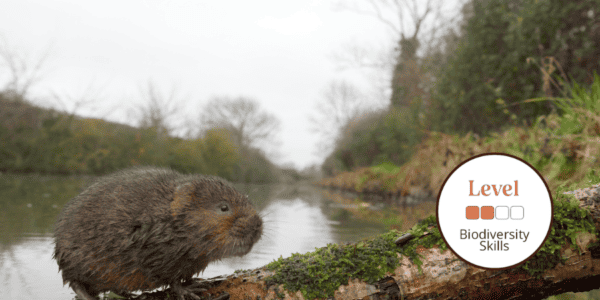
Tue 10, September 2024 09:30 - 16:30
The Centre is unable to offer accommodation with this course, please book local accommodation if you require overnight stays and ensure you take out the appropriate insurance.
No current dates for this course? Click here to view all the upcoming Natural History courses.
Progress Your Learning
This is a training course from the Field Studies Council, delivered by expert tutors with an approachable learning style. After attending this course, you may like to progress your learning with further relevant courses or branch out into other areas of natural history. The Field Studies Council offers both online and in-person courses, so you can choose the learning style that suits you best.
The course gives you the opportunity to immerse yourself in a new subject and acquire novel skills. Our online portal gives you time to study at your own pace and fit the lessons around your own schedule.
If you have any questions about our courses please check our Frequently Asked Questions or email [email protected].
Group Bookings Made Easy
If you have a group of 10 or more individuals wanting to complete one of our courses, our team are available to discuss your options – from discounts to private team courses. Click here to find out more!
You can rest assured that the absolute best content from an expert in environmental education will be at your fingertips. In choosing a Field Studies Council course, you will be joining thousands of people who learn with us each year.

